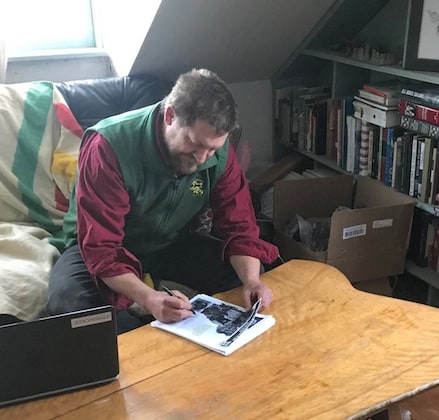MONTPELIER, Vt. – Vermont’s Big Game Management Plan for 2020-2030 is now available on the Vermont Fish & Wildlife Department’s website.

“The department has a long history of managing Vermont’s big game species using the best available science that is informed by a robust public input process,” said Fish & Wildlife Commissioner Louis Porter. “For the past 20 years, the management of Vermont’s four big game wildlife species – white-tailed deer, black bear, moose, and wild turkey – has been coordinated by a comprehensive Big Game Management Plan, and this is our latest, proactive guide for the next decade.”
The plan, updated every 10 years, identifies the primary issues that these species face, establishes sustainable population and management goals, and then prescribes the strategies needed to achieve these goals. Combining wild turkey with moose may seem strange on the face of it, but a multi-species approach is appropriate, according to Porter, because all four species face overlapping challenges and, as a group, they represent the backbone of Vermont’s hunting and wildlife-viewing opportunities.
“In the end,” Porter said, “the plan’s primary goal is to safeguard healthy and sustainable big game populations and all the benefits they confer to Vermonters, our economy, other wildlife, and our landscape.”
The 2020-2030 Big Game Management Plan prescribes nine strategies to address the eight overarching issues that are expected to impact all four species in the next decade, including maintaining the high support for big game hunting, conserving vital habitat, and improving day-to-day data collection. An additional 81 strategies target species-specific issues. Some, like ensuring deer populations remain in line with what the habitat can support, and at levels Vermonters will tolerate, are perennial issues and included in the two previous plans. Others, such as the dramatic rise in bear-human conflicts and the impacts of disease and parasites on moose, are new or emerging threats.
“The 75-page plan includes detailed descriptions of all of the issues and the strategies as well as a summary of the public comments we received and our responses to them,” said Porter. “Anyone interested in learning more about how Vermont’s deer, bear, moose, and wild turkeys are being scientifically managed should go to our website to read the plan.”